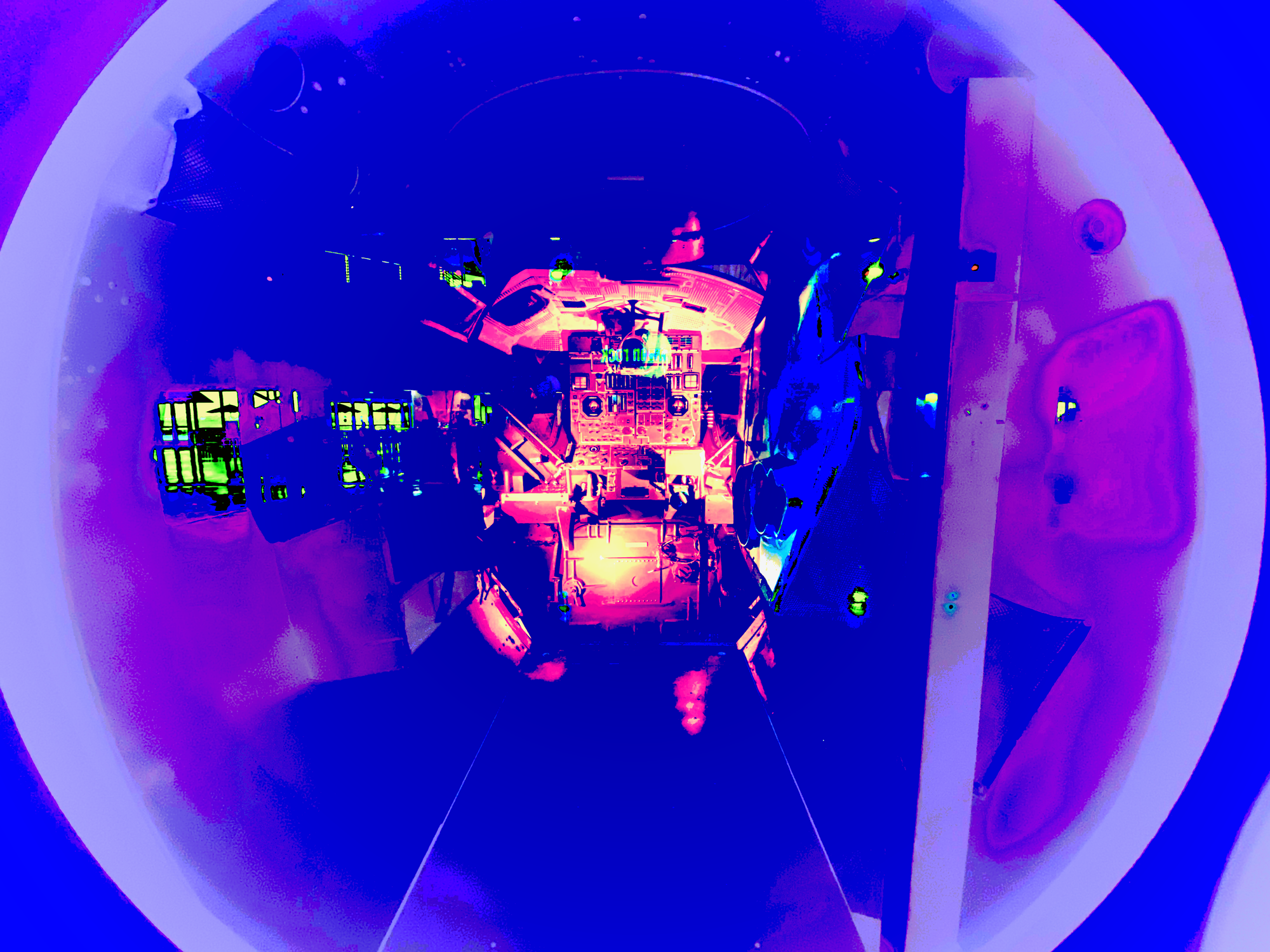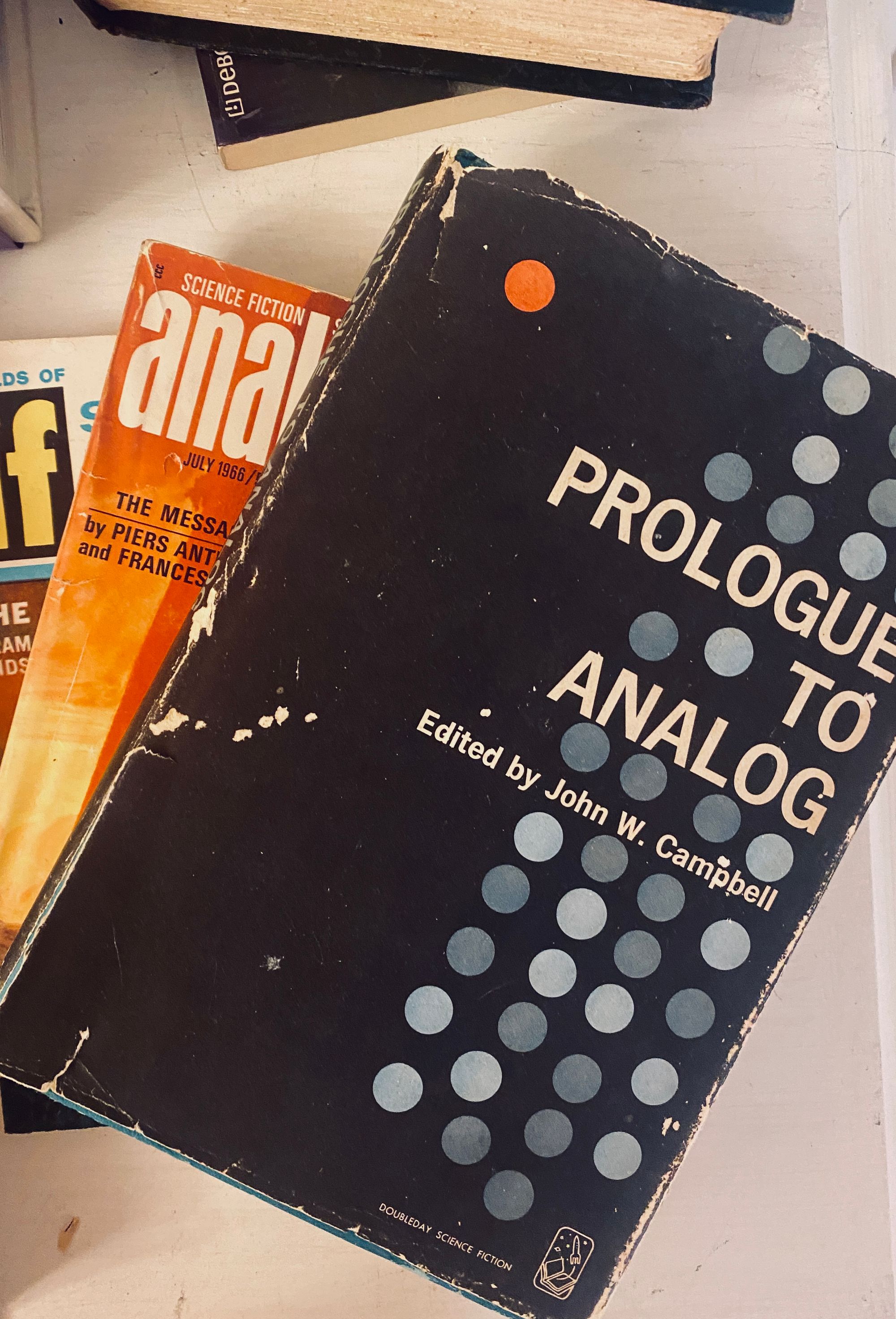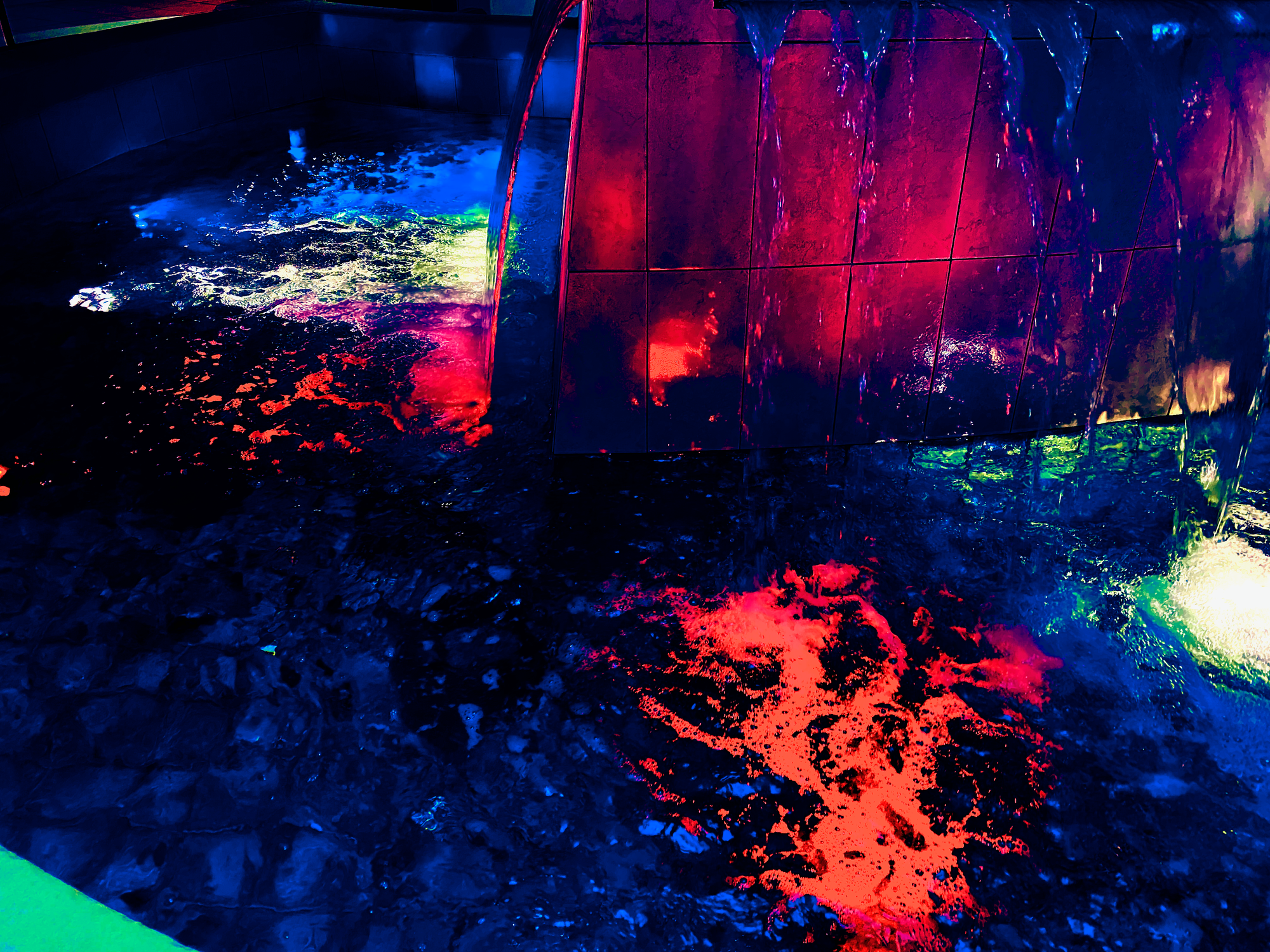Space business and science as usual?
Recent discoveries in human genetics raise new questions about our current physiology and, more importantly, hint at the challenges of long-term, sustained space travel and settlements.

At the onset of the 1929 Great Depression, the first editions of the Astounding Tales of Super-Science emerged in the United States. Without much fanfare, this tiny literary magazine offered short modern science fiction stories and carefully crafted illustrations about space travel, intelligent machines, and alien worlds. Its popularity defied the twentieth century’s acute economic decline and continued to gain a following after many decades. It was later rebranded as the Astounding Science Fiction magazine and finally as Analog in the sixties. Analog remains in circulation today, paying homage to its history and inspiring various generations of scientists, engineers, renowned sci-fi writers, and artists.
John W. Campbell served as the iconic Astounding and Analog magazines editor from 1937 through 1971. A writer himself with a background in physics, Campbell documented many of his beliefs in his lifetime about the intricate relationship between science fiction, science, and empiricism (evidence). In the book Prologue to Analog (1953), Campbell wrote,
“The real life of science — not the sacred cow science — is like any other adventurous life, made up of hard work, pure fun and pure hell, cliff-hanging waiting to see if all that effort and thought is going to prove a colossal bust—an sheer triumph every once in a long while. It’s the frustration of working five years to achieve something… and reading the final report of some other man who got there just two weeks sooner.
The scientists have a definition of hell. ‘Hell is the place where all the instruments are perfect…but none of them work.’
[Science] is hard-won achievement resulting from long, patient, logical work… It’s long-sought discoveries coming from the obvious places, the great research labs and university— and, actually even more often, coming from the most irrationally improbable places, such as flying machines from a bicycle repair shop, and telephones from an inconsequential Boston teacher of the deaf.
It’s human beings showing incredible courage… because they wanted to find out if it really worked that way, and sort of overlooked the risks, in the exuberance of their enthusiasm.” (Pg 15)

I’ve worked with and interviewed dozens of scientists and engineers. I’m always impressed by the overall curiosity and deep-seated ambitions most of them seem to share about wishing to understand the unknown and asking the prodding questions to pursue this understanding. In many ways, this desire or “exuberance of their enthusiasm” as Campbell describes it, compares to that of the artist who wishes to understand a profound state of human existence through art. So, whenever I come across a scientific discovery or breakthrough, I’m always surprised by our increased capacity to understand new dimensions. And yet, the bar to understanding our world and realities continuously keeps being out of reach because scientific discovery often leads to more questions, variables, and doors to open. So as the bar to fully understanding facts is constantly being raised, the continuous yearning through research, development, and experimentation allows our civilization to pursue fundamental scientific questions while leveraging the practical benefits into new technologies and applications.
Science evolves, just like humans do
Recent discoveries in human genetics raise new questions about our current physiology and, more importantly, hint at the challenges of long-term, sustained space travel and settlements. Science evolves, just like humans do.
In December 2022, geneticists in Greece and Ireland reported 155 newly discovered functional human micro-genes, which developed spontaneously from unique, random sections of non-genic (non-coding) DNA. Non-coding DNA does not provide instructions for making the building blocks of proteins – amino acids. These new micro-genes didn’t originate from duplication and activation events from old, existing genes labeled in the scientific literature as “sequence divergence,” but they emerged until now via a process called “de novo gene birth.”
Although the process has yet to be well understood, summarizing some of the definitions available online, scientists describe it as the process by which a functional protein appears de novo (from Latin meaning afresh, from the beginning, anew) by the random association of amino acids from non-coding sections in the DNA. The history of this type of spontaneous gene emergence hints at the changes in evolutionary history and innovation. A thoughtful explanation of this ongoing inquiry appeared as a news feature in Nature (2019).
“De novo genes are even prompting a rethink of some portions of evolutionary theory. Conventional wisdom was that new genes tended to arise when existing ones are accidentally duplicated, blended with others or broken up, but some researchers now think that de novo genes could be quite common: some studies suggest at least one-tenth of genes could be made in this way; others estimate that more genes could emerge de novo than from gene duplication. Their existence blurs the boundaries of what constitutes a gene, revealing that the starting material for some new genes is non-coding DNA.
But researchers have yet to work out how to definitively identify a gene as being de novo, and questions still remain over exactly how — and how often — they are born. Scientists also wonder why evolution would bother making genes from scratch when so much gene-ready material already exists. Such basic questions are a sign of how young the field is.”
The Nikolaos Vakirlis et al. 2022 study documented this spontaneous emergence of functional microproteins since the early evolution of mammals, something considered for many years previously not possible. According to their data, 44 new micro-genes are associated with disease markers, including muscle dystrophy. They also found a novel gene related to heart tissue. This month, researchers in China also reported the de novo emergence of a unique human brain gene associated with brain development.
Why do new genetic discoveries matter?
There are plans and roadmaps to colonize the Moon and Mars and settle into space stations for the short term. But there is no definite scenario truly anticipating how our bodies will adapt to living beyond Earth’s orbit. Several renowned researchers, including the late Stephen Hawking, have argued about bringing genetics to the forefront of space exploration. So, in a time of technological and space renaissance, it’s valuable to investigate what external or internal changes give birth to new human genes. Indeed, the striking evidence in evolutionary and adaptive human biology in the December and January published research brings into greater focus the conversation about genetics for our sustainability in space, which has been of great interest to me.

I often reflect on Campbell’s earlier observations in Prologue to Analog of humans doing science and overlooking the risks. Genetics research has often polarized society sectors, with many vehemently opposed or in favor of it. However, I wonder if the current proof of the evolutionary innovation on Earth will hint at how de novo gene birth might radically change our expectations about what we need to focus on to survive in space environments and how humans will cope and adjust.
How do we adapt in space? A look at film
One of the most compelling explorations about adjusting to working and living in space appears in a science fiction 1980s thriller. Although relatively unknown, the film Outland depicts the series of gruesome suicides in a mining colony on Jupiter’s Moon, Io. It starred Sean Connery as the U.S. federal Marshall tasked with investigating the increase in suicides.
Without spoiling it for those interested in watching it later – Outland was nominated for an Academy Award for Best Sound in 1982 – the film portrays a series of characters using amphetamines-like synthetic drugs for increased productivity. Like the science fiction pioneers in the early editions of Astounding and Analog magazines, who dared to ask how humanity would colonize other worlds amid the Great Depression, this film asked in the eighties what the extent and lengths humans will go to survive in the most ferocious of environments. But, as you’ll notice, there are always connecting threads binding writers, artists, and researchers across time about the challenges ahead.
The spontaneous emergence of new human genes might have been considered science fiction a couple of decades ago and worthy of a nuanced film like Outland or a literary work in Analog. But, as scientists and engineers push the boundaries of knowledge and realities in the present day, I suspect we’ll be surprised at more than a bumpy ride once we aim to settle beyond Earth.


